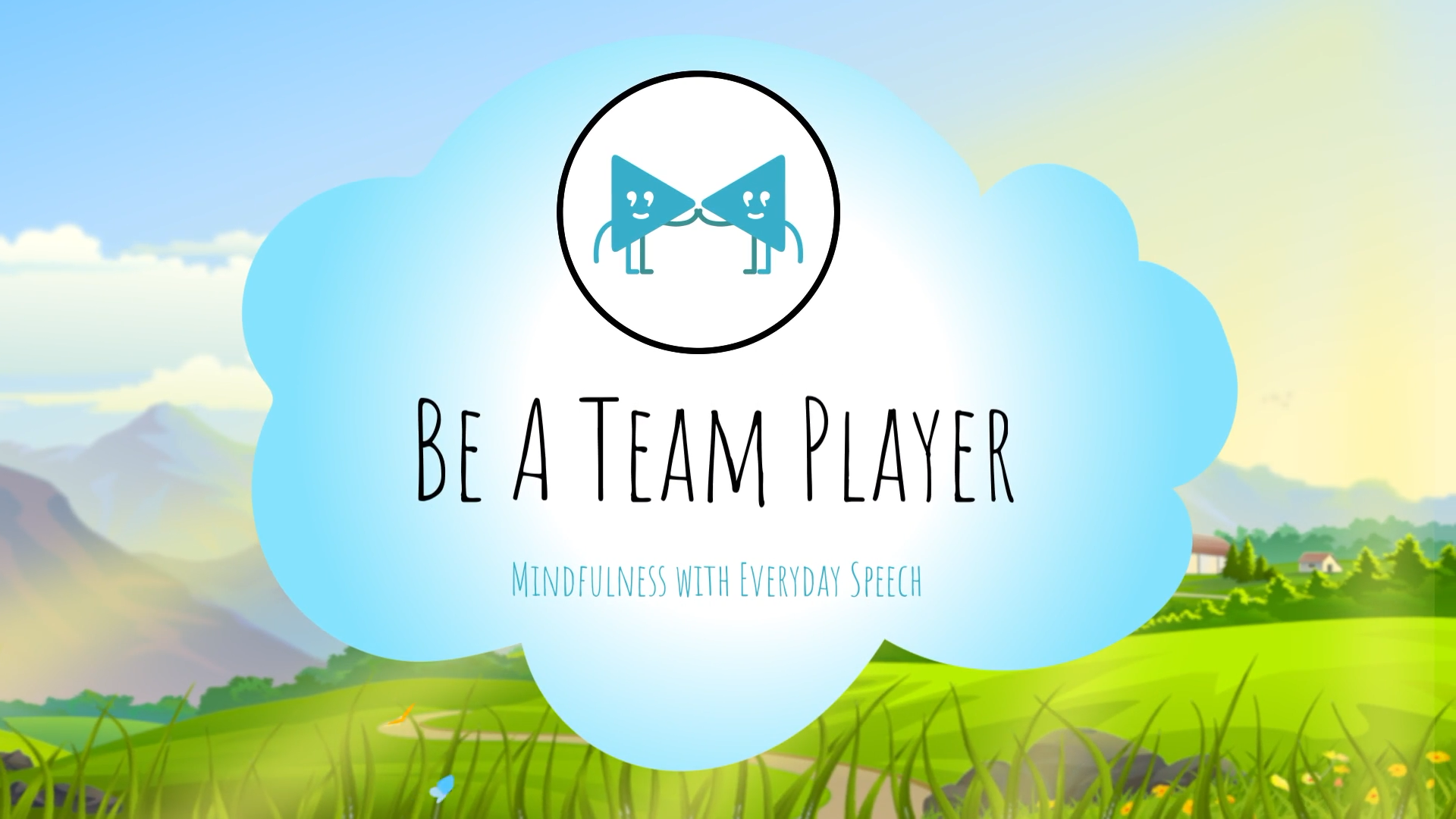
Introduction
Being a good team player is essential for success in various aspects of life, including work, school, and social settings. Fostering the skills necessary to become a good team player in students is crucial for their development. In this blog post, we will explore eight ways to nurture good team players in the classroom, focusing on commitment, flexibility, speaking up, reliability, active listening, communication, offering help, and showing support.
No-Prep Activity: The Silent Lineup
The Silent Lineup is a simple activity that requires no preparation or materials from the educator. This activity encourages students to work together and communicate non-verbally while developing their teamwork skills. Here’s how it works:
- Ask students to stand in a line at the front of the classroom.
- Without speaking, students must rearrange themselves in a specific order, such as alphabetically by their first names, by birthdate, or by height.
- Once the students believe they have achieved the correct order, they can share the information with the class to confirm their accuracy.
This activity promotes collaboration, non-verbal communication, and problem-solving skills, all of which are essential components of being a good team player.
Discussion Questions
Here are some questions designed to stimulate further discussions on becoming a good team player:
- Why is it important to be a good team player, both in and out of the classroom?
- Can you provide examples of situations where being a good team player has helped you or someone you know?
- What challenges have you faced when working in a group, and how did you overcome them?
- How can you apply the skills of being a good team player in other aspects of your life?
- What other qualities do you think are important for a good team player to possess?
Related Skills
In addition to the eight ways to nurture good team players mentioned above, there are other relevant skills that students should develop to excel in group settings. Some of these skills include:
- Conflict resolution: Learning how to address and resolve conflicts effectively is crucial for maintaining harmony within a group.
- Empathy: Understanding and sharing the feelings of others can help improve communication and strengthen relationships within a team.
- Time management: Managing time efficiently is essential for meeting deadlines and ensuring that group tasks are completed in a timely manner.
- Leadership: Developing leadership skills can help students guide and motivate their peers in group settings.
Next Steps
Now that you have a better understanding of the importance of being a good team player and some strategies to nurture these skills in your students, it’s time to put these concepts into practice. To help you get started, we invite you to sign up for free samples of materials related to fostering good team players and other essential social-emotional learning skills. By incorporating these resources into your classroom, you’ll be well-equipped to help your students develop the skills they need to thrive in group settings and beyond.

